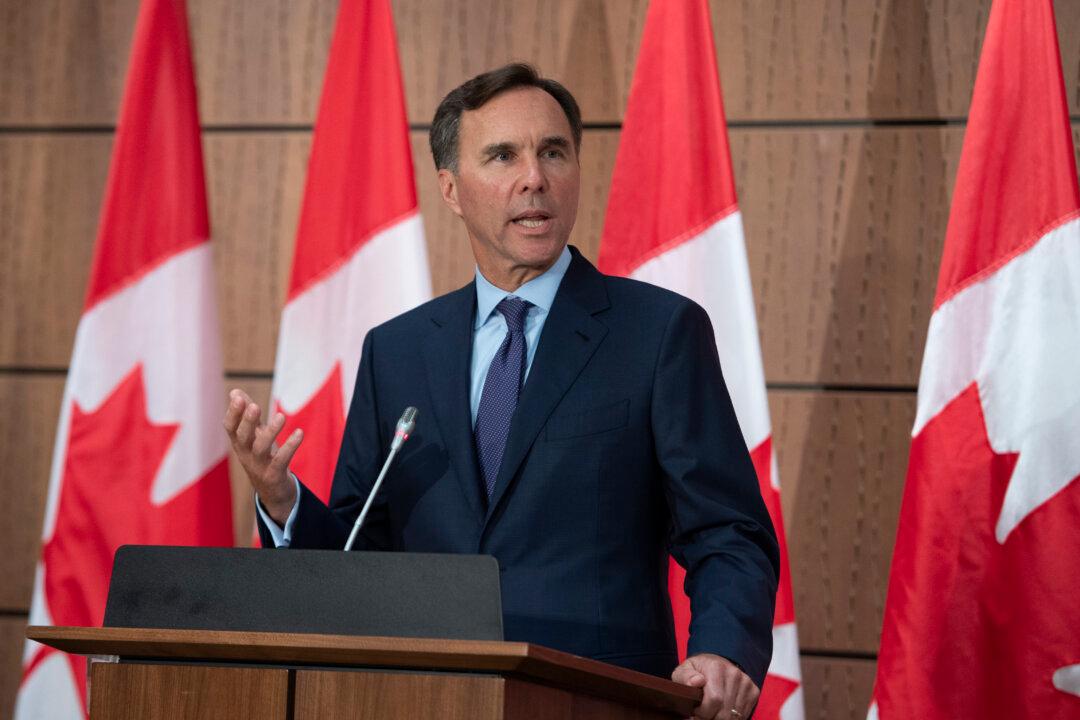A Bloc Québécois MP has raised concerns about potential conflicts of interest regarding links between the government’s Advisory Council on Economic Growth and the Crown corporation Canada Infrastructure Bank, with consulting firm McKinsey straddling the two.
The House of Commons committee on infrastructure has been studying the role of McKinsey in the creation of the Canada Infrastructure Bank (CIB), and heard from former Finance Minister Bill Morneau on June 8.





